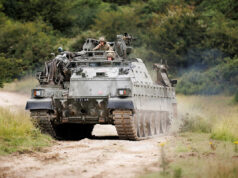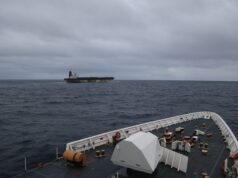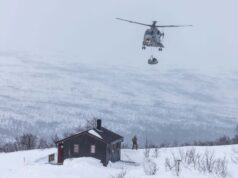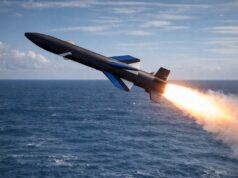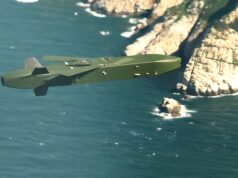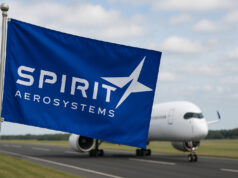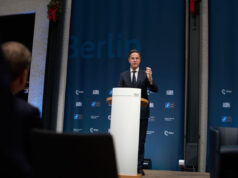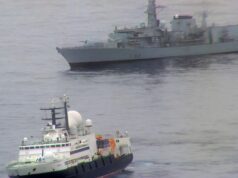Operation Temperer is a plan to deploy troops to support police officers in key locations following a major terrorist attack. It was put into effect for the first time following the Manchester Arena bombing.
The plan provides for up to 5,100 soldiers to be deployed to “augment armed police officers engaged in protective security duties” at key sites in major UK cities. All troops will be working under the command of police officers.
The specific details of the deployments have not been revealed for reasons of security.
Prime Minister Theresa May said:
“The change in the threat level means that there will be additional resources and support made available to the police as they work to keep us all safe. As a result of [the Joint Terrorism Analysis Centre’s decision the police have asked for authorisation from the Secretary of State for Defence to deploy a number of armed military personnel in support of their armed officers.
This request is part of a well-established plan known as Operation Temperer in which both the armed forces and the police officers involved are well-trained and well-prepared to work in this kind of environment.
The Secretary of State for Defence has approved this request and Operation Temperer is now in force.
This means that armed police officers responsible for duties such as guarding key sites will be replaced by members of the armed forces, which will allow the police to significantly increase the number of armed officers on patrol in key locations.
You might also see military personnel deployed at certain events such as concerts and sports matches, helping the police to keep the public safe. In all circumstances, members of the armed forces who are deployed in this way will be under the command of police officers.”
According to government sources cited by the Daily Telegraph, the plan would only be triggered following a COBRA meeting. The plan was devised following the January 2015 ÃŽle-de-France attacks in France.
It was intended to be kept secret but was accidentally disclosed in July 2015 after being inadvertently uploaded to the website of the National Police Chiefs’ Council.
The plan is said to have been contentious with Army leadership, due to concerns about it causing overstretch and difficulties with deciding when to end the operation.
The British armed forces have previously deployed to aid local law enforcement, notably during The Troubles in Northern Ireland when 21,000 troops were deployed to assist the Royal Ulster Constabulary.
In 2003, Tony Blair’s government temporarily deployed 450 troops to Heathrow Airport and other London locations during a period of heightened terrorist threat. The last time troops were widely deployed officially on the British Mainland was during the police strikes of 1919.
Other European countries have also deployed troops to guard against terrorist threats in cities; France has deployed over 10,000 troops under Operation Sentinelle since the January 2015 attacks in the Paris region and Italy also deployed 4,800 troops in Rome and other cities in February 2015.
The plan was deemed necessary after 22 people, including children, were killed and 59 injured in a terror attack at Manchester Arena. Greater Manchester Police say the lone attacker who died in the blast was carrying an ‘improvised explosive device which he detonated’.
The attack was the deadliest terrorist attack in the UK since the 7th of July 2005 London bombings, in which 52 people were killed (not including the deaths of the four suicide bombers).
At approximately 01:35 BST, a subsequent controlled explosion was conducted by police in Cathedral Gardens after what was believed to be an explosive device was discovered. The item was later found to be clothing that had been left behind.
North West Ambulance Service reported that 60 of its ambulances attended the bombing, escorting 59 people to local hospitals and treating a number of walking wounded on site.
Residents and taxi companies in Manchester offered free transportation or accommodation via Twitter to those left stranded at the concert. Parents of children attending the concert were separated in the aftermath of the explosion. A nearby Holiday Inn served as a shelter for children displaced by the bombing, with separated parents being directed there by officials.
The incident took place at the end of a concert by American singer Ariana Grande, during her Dangerous Woman Tour. Ariana Grande was not hurt during the incident and was reported to be fine by several of her representatives.
The arena is an indoor arena in Hunts Bank, Manchester just north of the city centre, most of the arena is situated above Manchester Victoria station. The arena has the highest seating capacity of any indoor venue in the United Kingdom, and second largest Europe with a capacity of 21,000 and is one of the world’s busiest indoor arenas, hosting music and sporting events such as boxing and swimming.


